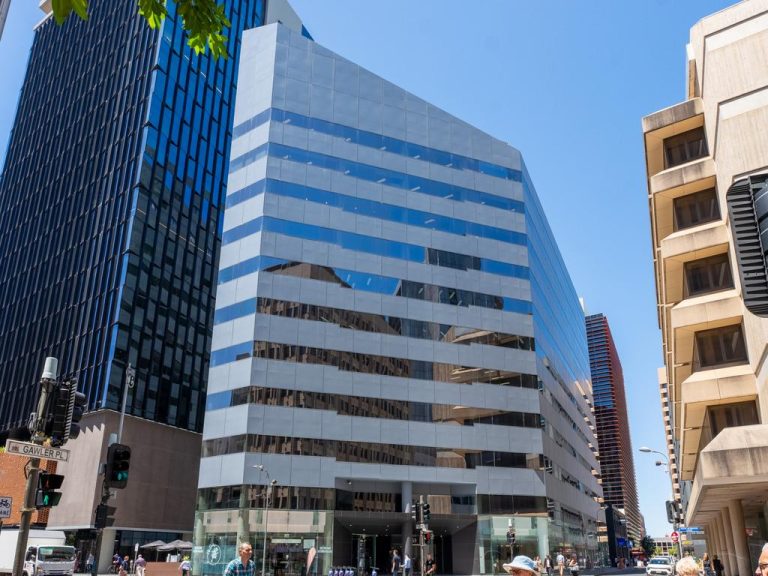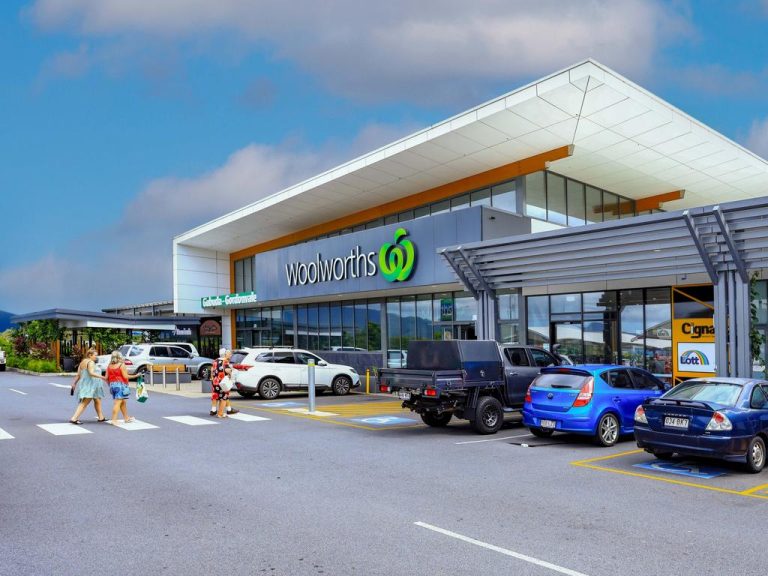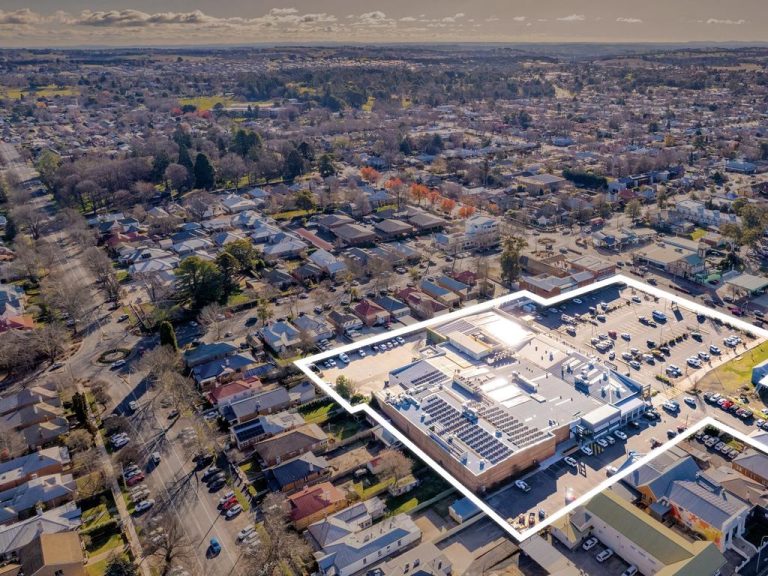Puttin’ on the Ritz: Far East eyes $500m exit
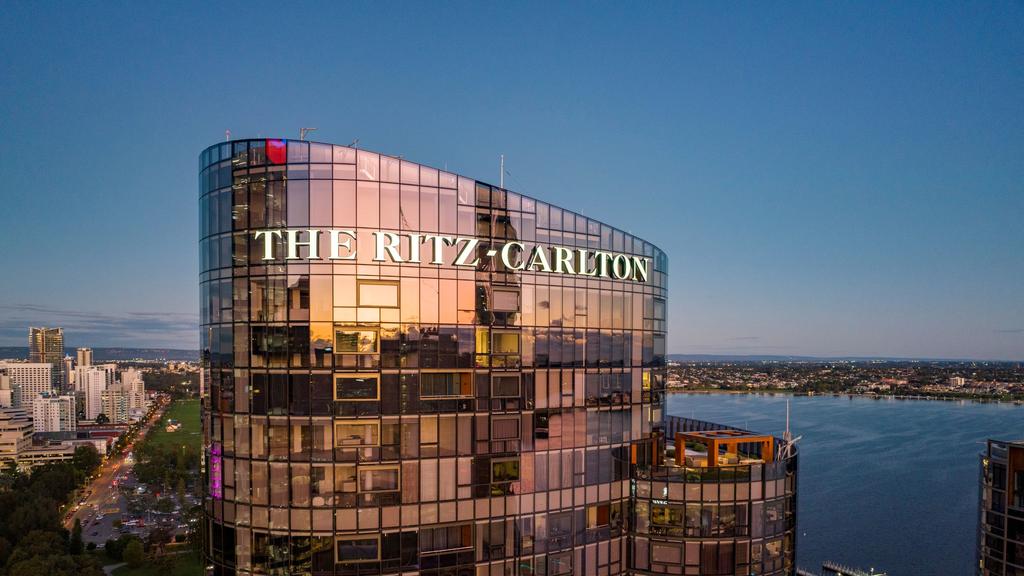
The Ritz-Carlton in Perth.
Two of the country’s most spectacular hotels – the Ritz-Carltons in Melbourne and Perth – have been put on the block by international developer Far East Consortium, with hopes of reaping $500m in one of the largest hotel sales of the year.
The dramatic move comes as the five-star hotel sector continues to attract capital as the world’s largest investors seek to buy up properties that will provide growth even as the economy slows.
Luxury hotels are experiencing a surge due to a pick-up in both domestic and international tourism, as well as the growing number of flights returning to Australia.
The industry has also benefited from higher room rates and the upgrade of a series of hotels around the country, which is also driving interest in the sector.
The properties in Melbourne and Perth are among the best of the new wave of hotels and will bring out the local funds and international bidders that have been making the running.
The offer of the properties is being handled by real estate agencies CBRE and McVay Real Estate, with hopes that they could again tempt the trophy hunters that have picked up five-star properties along the eastern seaboard.
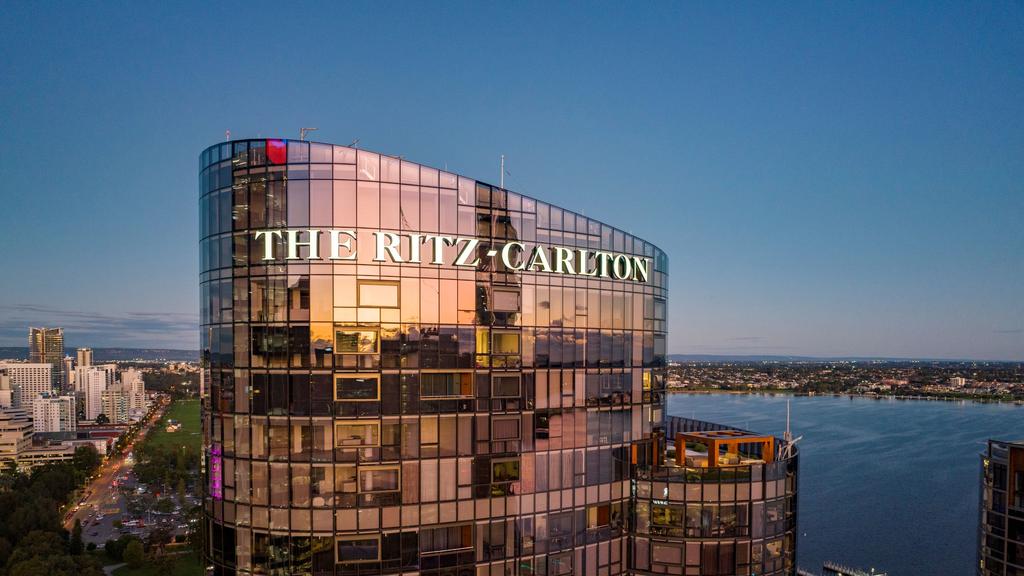
The Ritz-Carlton in Perth.
Billionaire Andrew Forrest’s private investment vehicle, Tattarang, kicked off the splurge in February, paying just over $500m to acquire Australia’s first Waldorf Astoria. This hotel will anchor a new civic and retail precinct about to be built on Sydney Harbour.
Tattarang bought what will become the country’s most expensive hotel, ensconced in a 220-room 25-level tower next to a luxury residential tower and part of the $3.1bn One Circular Quay tower being developed by Lendlease and Mitsubishi Estate Asia.
Last month, pub mogul Arthur Laundy and his long-term business partner, Sydney’s Karedis family, beat out US private equity group Outrigger to buy the Sheraton Grand Mirage resort on the Gold Coast for $192m. And the big hotel deals keep coming around the country.
Earlier this week, funds house Salter Brothers finalised its long-running deals to acquire the Sofitel Adelaide from developer Palumbo for about $154m. The developer listed it for sale six months after the hotel’s opening and was able to strike the city’s largest ever hotel deal as local and offshore investors look to capitalise on the post-pandemic revival of both domestic and international travel.
And last week, a subsidiary of Singapore’s Worldwide Hotels Group plunged into the Melbourne accommodation market, buying the city’s first dual-branded hotel, a 472 room behemoth for $170m. It has both budget-style ibis-branded accommodation in 259 rooms on the lower floors orand four-star Novotel rooms on the higher floor.
The move to sell the Ritz-Carltons by developer Hong Kong-based Far East Consortium aims to capitalise on the strong demand for trophy luxury hotel investment opportunities in Australia.
CBRE Hotels’ Michael Simpson, Tom Gibson, Aaron Desange and Vasso Zographou and McVay Real Estate’s Dan McVay and Sam McVay are handling the sale.
A buyer could snare a total of 462 luxury hotel rooms managed by the world’s largest hotel operator Marriott International under its pinnacle luxury brand, The Ritz-Carlton.
“The portfolio is positioned across two of the most sought after and resilient hotel investment markets in Australia, offering geographic and financial diversification,” Mr Simpson said.
“The two hotels have set the benchmark for luxury hospitality in Australia and are well positioned to capture the leisure and corporate markets in Melbourne and Perth, supported by the strength of the globally recognised Ritz-Carlton brand.”
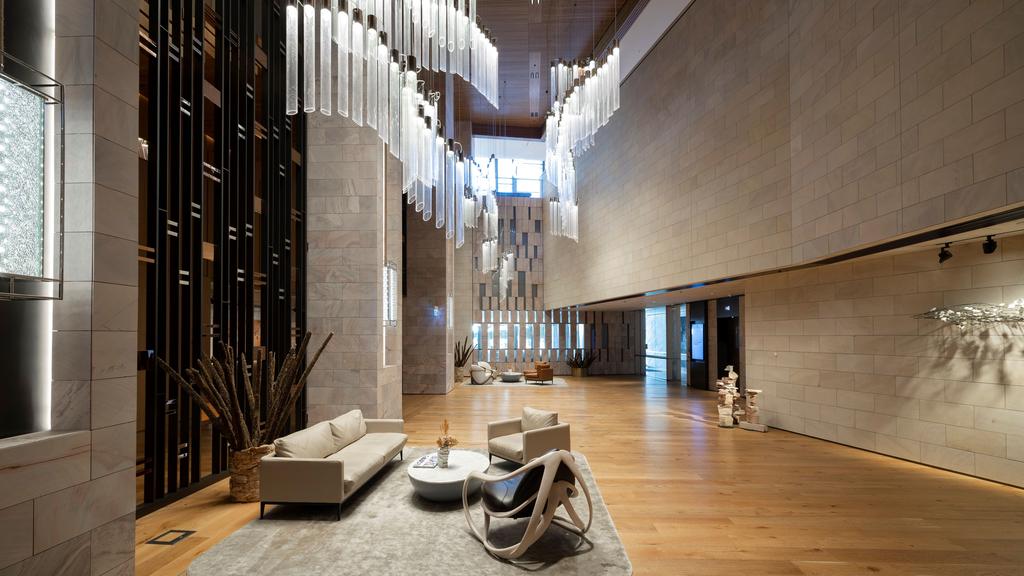
The Ritz-Carlton in Perth.
Opened in March, The Ritz-Carlton, Melbourne is one of the highest hotels in the southern hemisphere, with 257 guest rooms, a 550-seat ballroom, the Atria restaurant, bar and lounge areas, a swimming pool and fitness centre, Spa complex, event rooms and a Level 80 sky-lobby offering panoramic views. It was developed as part of Far East’s West Side Place project.
The Ritz-Carlton, Perth opened in 2019 in the brand’s return to Australia after more than 25 years away and is the centrepiece of Far East Consortium’s mixed-use apartment development, The Towers. The riverfront hotel has 205 rooms, the Hearth Restaurant & Lounge, the Songbird Bar, a spa complex, infinity pool, fitness centre and event rooms.
The sale hits just as the ongoing pent-up demand for hotel investment opportunities in Australia peaks, with CBRE data showing that more than $1.2bn in Australian hotel assets changed hands over the last half, bucking the quieter commercial sectors.
Dan McVay also pointed to the coming crunch on building new hotels as construction of new properties gets tougher.
“Following years of substantial construction cost inflation, it is now unfeasible to develop world-leading, premium specification luxury hotels in Australia’s capital cities. These Ritz-Carltons represent the pinnacle of Australia’s luxury hotel market and are unlikely to see new competition for the foreseeable future,” he said.
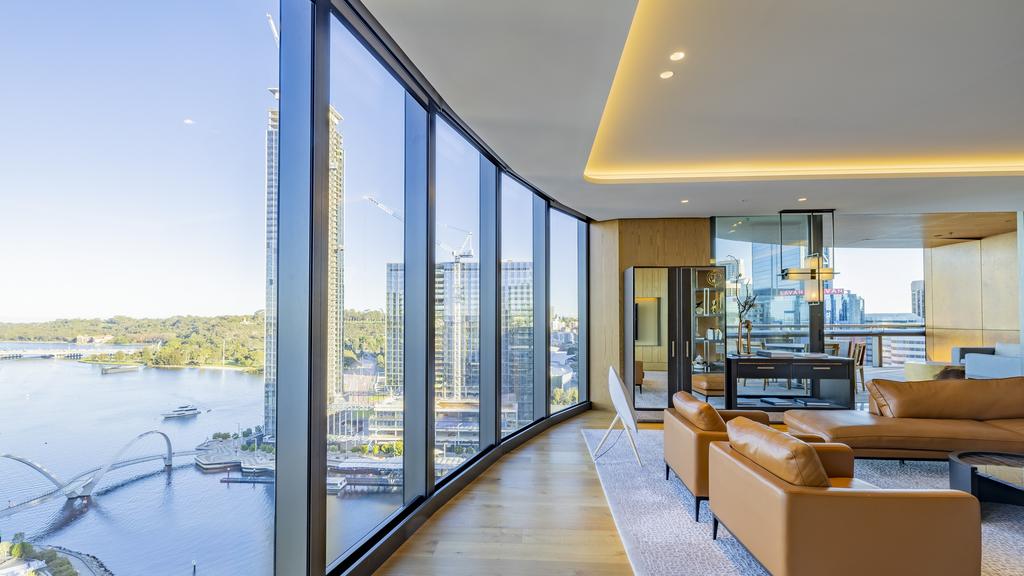
The Ritz-Carlton in Perth.
Ritz-Carlton is still planning on getting back into Australia in a big way. Another hotel is set to open at the end of 2023 in Brisbane’s Queen’s Wharf, followed by a Gold Coast outpost in 2026. A Ritz-Carlton is also on the agenda in Sydney.
Last year a scheme for a smaller-sized six-star hotel at The Star Sydney was lodged. But the proposal is smaller than a 237m high tower which was dumped in 2019 due to its excessive height.
International capital sees Australia’s hotel market as a safe-haven and the ability to shift rooms rates gives it a strong inflationary hedge.
Melbourne’s hotel market has had a rapid recovery and consistently demonstrated its ability to absorb new supply. The market also benefits from robust corporate visitation and tourist demand, does Perth. Melbourne recorded the country’s third highest RevPAR (revenue per available room) growth rate in the year to April, growing by 54 per cent compared to the same period through 2022.
The surge highlights the strong absorption of the ten10 hotels that have come online since the start of 2022 in the city, largely supported by a continued recovery in domestic and international tourism.
With all the heat in the hotel market, the Ritz-Carlton portfolio is the one likely to smash the post-pandemic benchmarks.

